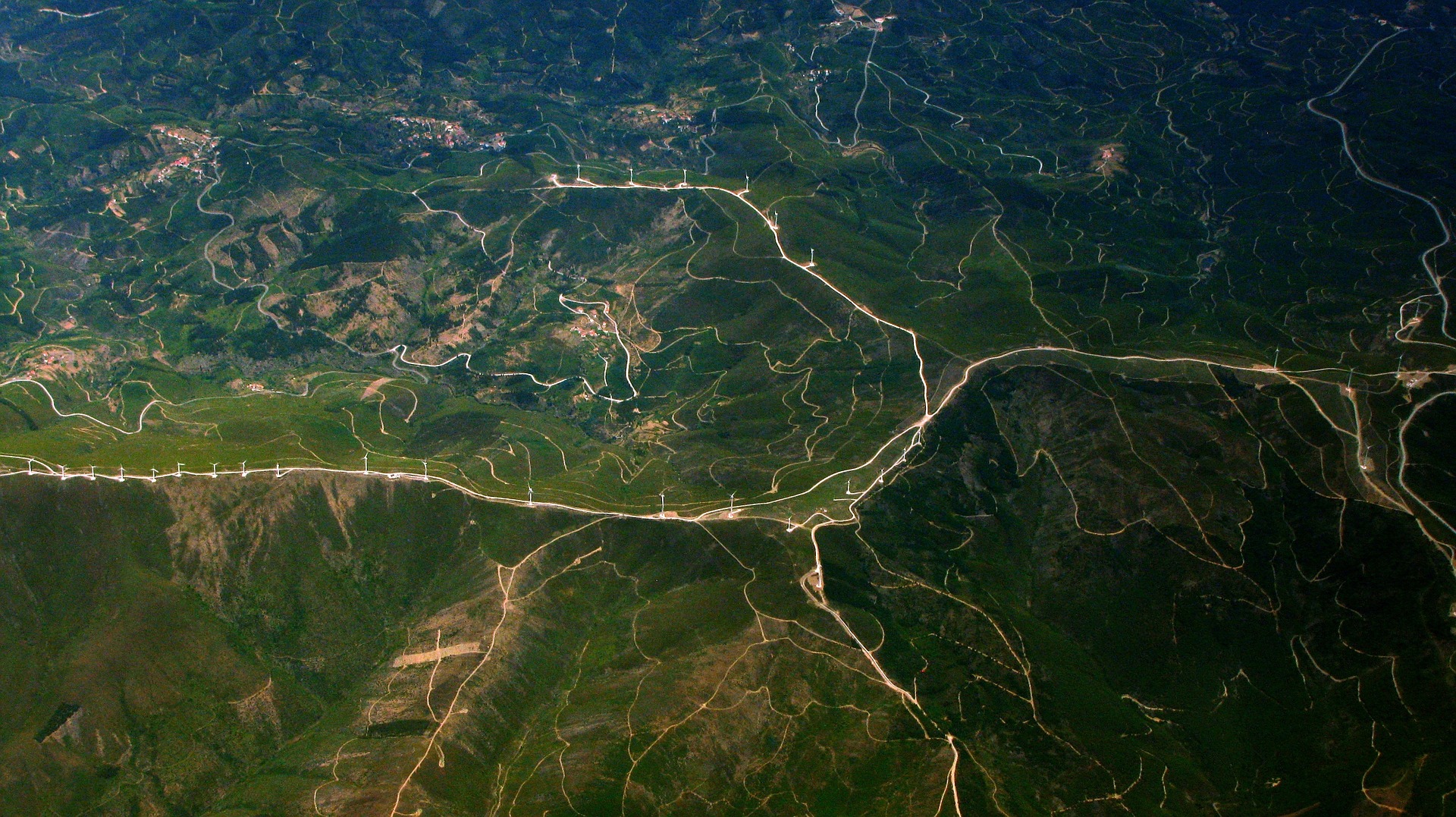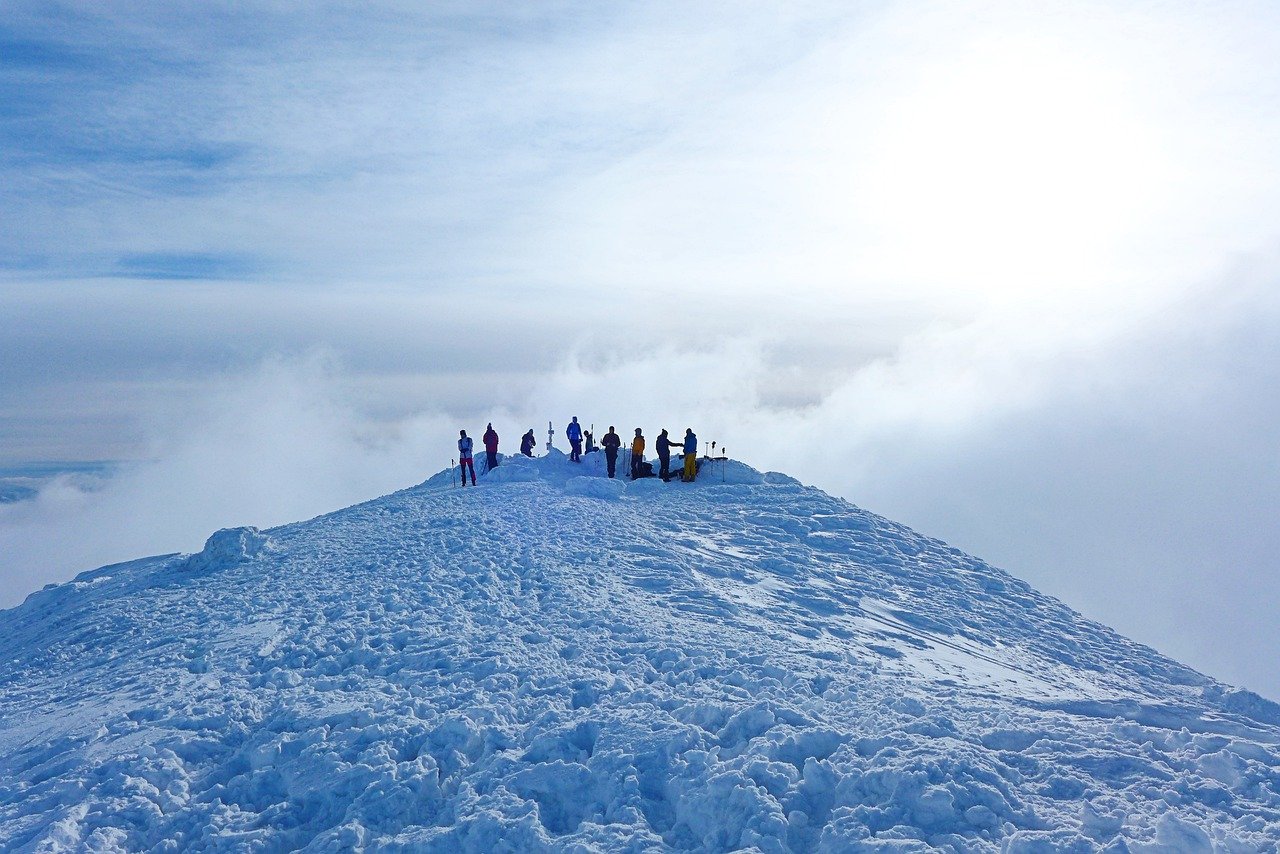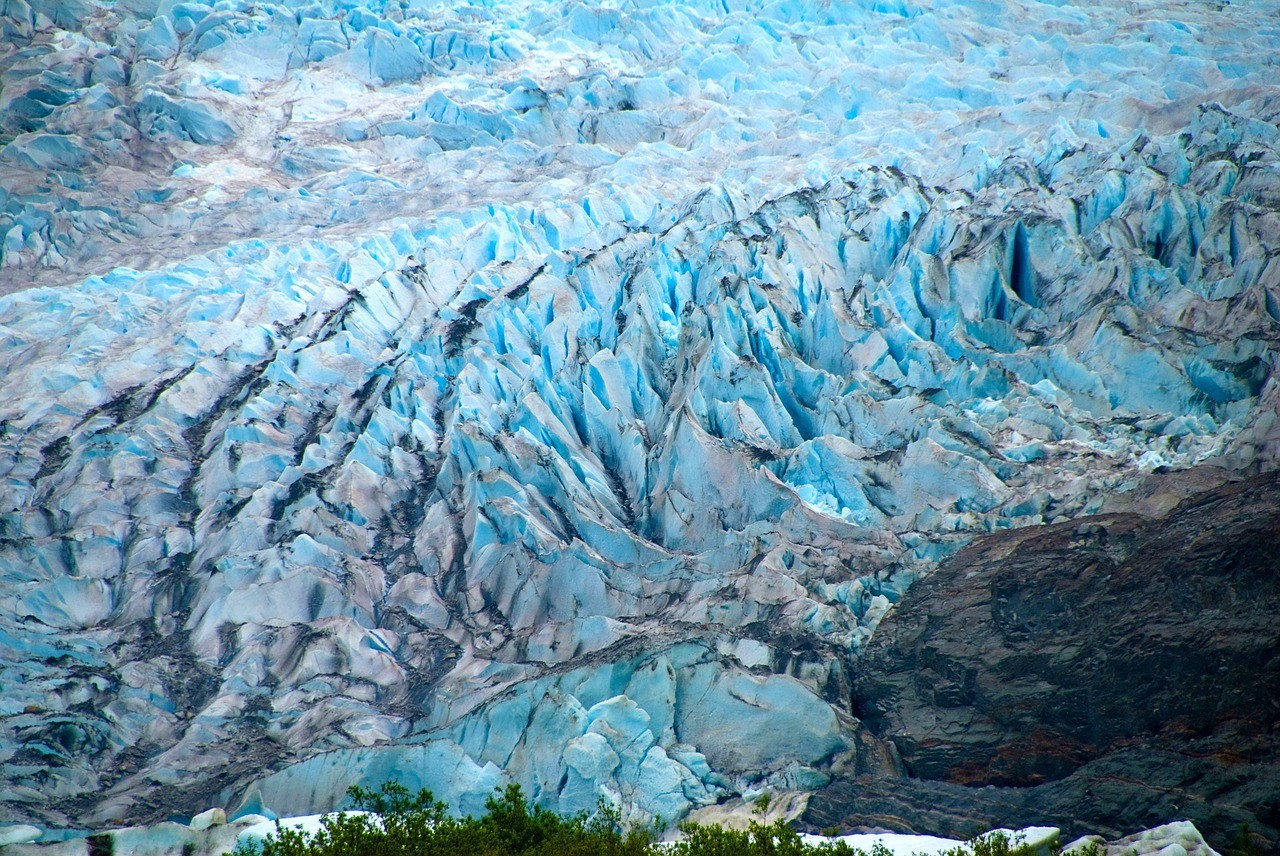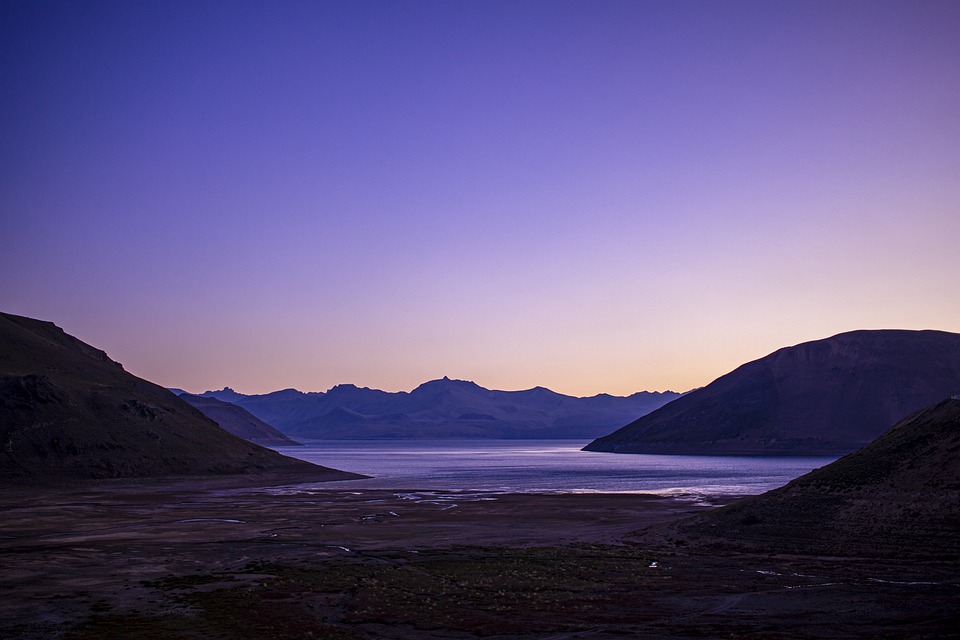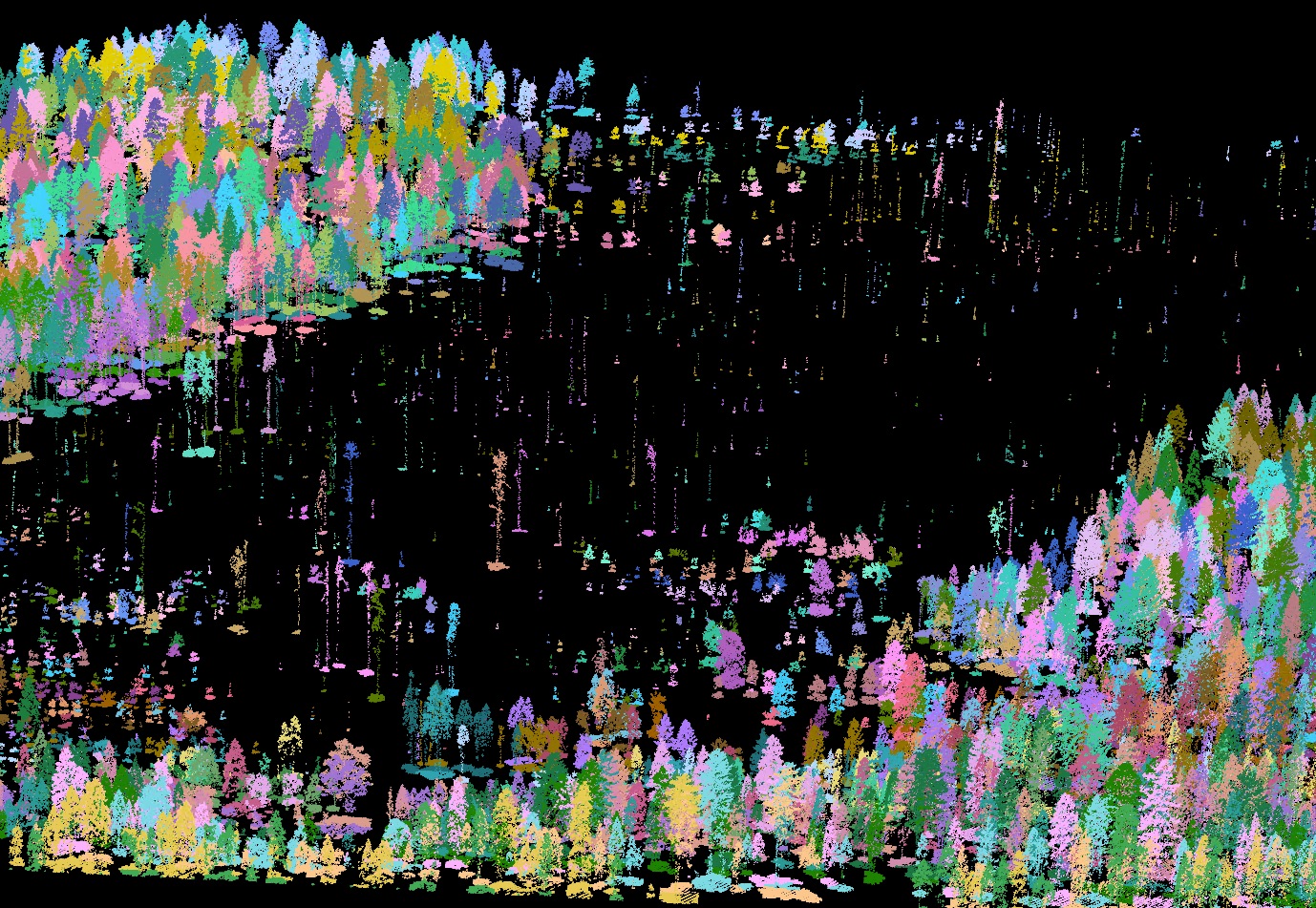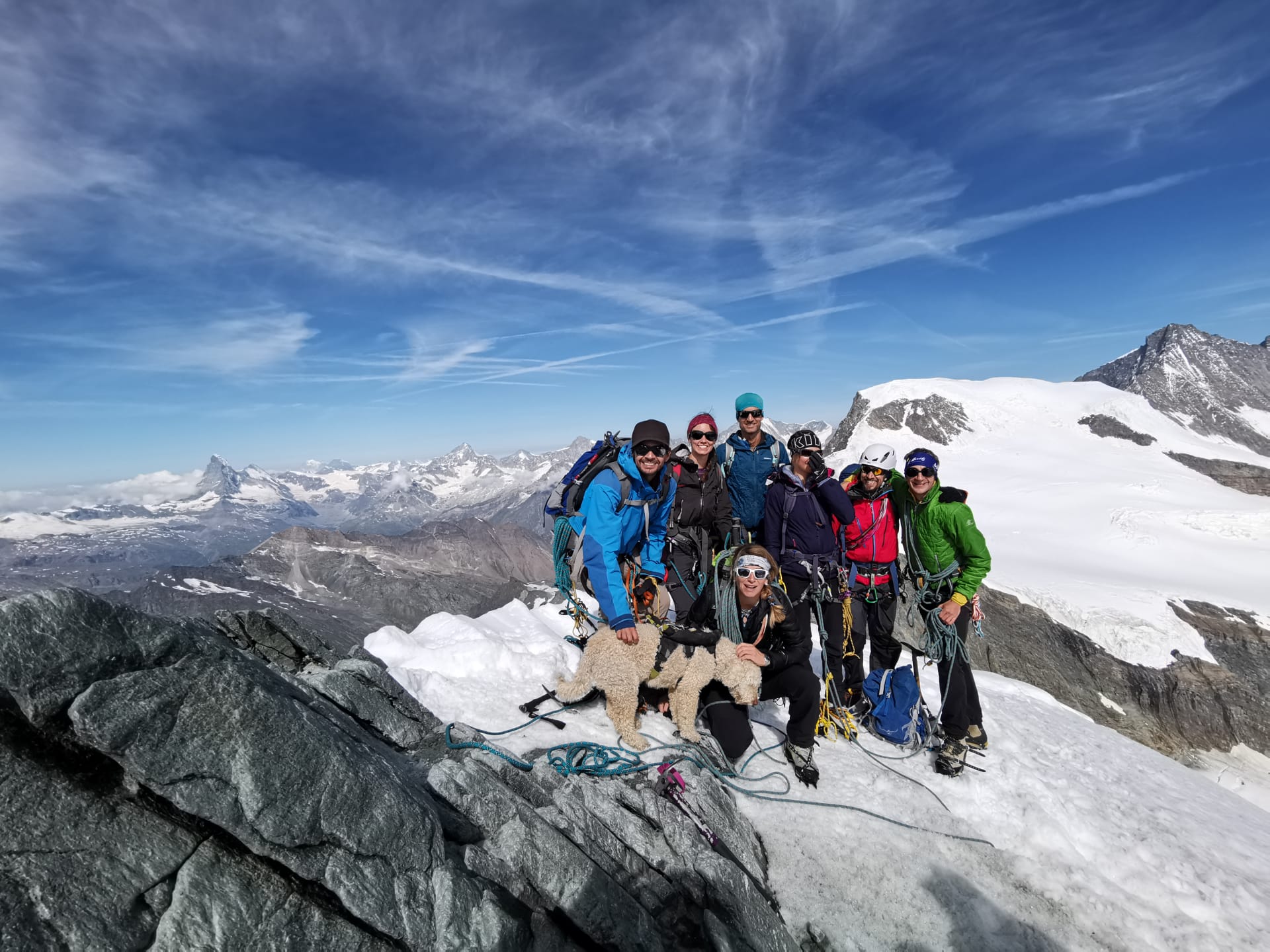News
- Details
- Category: GEO Mountains
The Group on Earth Observations (GEO) Global Network for Information and Observations in Mountain Environments has had a busy last few months.
Firstly, we completed our rebranding exercise, the outcomes of which are a change in our “short name” from GEO-GNOME to GEO Mountains, as well as a new logo (see below!). We sincerely hope that you – the mountain community – appreciate these changes and feel motivated to further mobilise yourselves around our Initiative in 2021!
- Details
- Category: MRI News
Early in 2020, a call for proposals as part of the MRI Synthesis Workshops seed funding programme was issued. A total of 13 proposals fulfilled the requirements for further consideration. Of these, two proposals were selected. The first addresses renewable energy transitions in the Hindu Kush Himalaya, Andes, and European Alps. The second focuses on climate change adaptation in Africa.
As part of our commitment to support our research community to advance key research questions relevant for knowledge on social-ecological systems in mountains, the MRI continues to make small grants available for MRI Synthesis Workshops. Together with MRI Working Groups, these workshops are part of current MRI Community-Led Activities, which are those activities led primarily by researchers and supported by the MRI Coordination Office through seed funding, and administrative and communications assistance.
- Details
- Category: MRI News
The Adrien Guébhard-Séverine prize is awarded for an outstanding PhD thesis in the field of hydrogeology or geothermal energy.
The Adrien Guébhard-Séverine prize is awarded annually or every two years by the Faculty of Sciences at the University of Neuchâtel, Switzerland to a student who has completed a PhD thesis in the field of hydrogeology or geothermal energy. The prize honours the memory of Dr. Adrien Guébhard-Séverine (1849-1924), a native of Neuchâtel and an associate professor of physics at the Faculty of Medicine of Paris, France, as well as a geologist and prehistorian.
- Details
- Category: MRI News
The Intergovernmental Panel on Climate Change (IPCC) Working Group (WG) II contribution to the Sixth Assessment Report (AR6) is now entering its next phase; between 4 December 2020 and 29 January 2021, governments and expert reviewers are invited to provide comments on the Second Order Draft. Earlier this month, in collaboration with the IPCC WGII Technical Support Unit (TSU), the MRI held two virtual webinars to offer information about the AR6 and the expert review, with a view to encouraging experts and early career researchers to take part in this important step in the report’s development.
In addition to key sectoral and regional chapters, the IPCC WGII contribution to AR6 also features a dedicated Cross-Chapter Paper on Mountains, to which many from the MRI community are contributing as coordinating lead authors, lead authors, review editors, contributing authors – and you, as expert reviewers. The expert review is an essential stage in the preparation of IPCC reports. It ensures that the reports cover the most up-to-date scientific, technical, and socio-economic findings, and are representative of a broad range of independent expertise from developed and developing countries. But what exactly does the expert review role and process involve, and how can you participate?
- Details
- Category: MRI News
From January 2021, Mountain Research Initiative Executive Director Dr. Carolina Adler will become the new MountainMedia Editor for the journal Mountain Research and Development (MRD), taking over the reins from Professor Martin Price following his decision to step down after 27 years in the role.
- Details
- Category: MRI News
The American Geophysical Union (AGU) Fall Meeting 2020 took place virtually this month. Mountain Research Initiative (MRI) Science Leadership Council members Bryan Mark and Shawn Marshall and MRI Scientific Project Officer Gabrielle Vance convened three exciting sessions (one poster, two oral) around the theme of Environmental and Climate Change in Global Mountain Regions. The MRI also organized an informal side event to complement the AGU sessions.
Mountains are sensitive to global climate, hold valued archives of changes over time, and closely couple resources and risks to society. The MRI AGU sessions invited contributions examining past, present, and future environmental change and associated societal impacts in mountain regions. The co-conveners sought measurement and modelling studies of the changing climate, cryosphere, hydrology, and ecology of global mountain environments, including their couplings and implications for mountain social-ecological systems (e.g. hazards, fire, water resources, and other socio-cultural impacts).
- Details
- Category: Global News
The overarching theme of the 34th International Geographical Congress is 'Geography: Bridging the Continents.' The Congress will explore many areas relevant to mountain research, and includes a number of mountain-specific sessions. Abstract submission is now open and closes 11 January 2021.
The 34th International Geographical Congress will take place in Istanbul, Turkey from 16-20 August 2021. The Congress aims to focus on six key topics: Globalization vs Localization; Climate Change; Migration and Conflicts; Earth and Disasters; Eurasia and Middle East Studies; and Anthropocene.
- Details
- Category: MRI News
In this interview, Professor Adrienne Grêt-Regamey, Chair of Planning Landscapes and Urban Systems at ETH Zurich and MRI Principal Investigator, discusses mountain ecosystem services under pressure and the vital role of landscape planning in securing them for the future.
As the Chair of Planning Landscape and Urban Systems (PLUS) at the Swiss Federal Institute of Technology (ETH) in Zurich, Professor Adrienne Grêt-Regamey leads research into how humans shape landscapes, and vice versa. In a recent study published in the journal Ecosystem Services, for example, Prof. Grêt-Regamey and her co-author Bettina Weibel conducted a global assessment of mountain ecosystem services using earth observation data. In undertaking this research, Grêt-Regamey explains, they wanted to understand how mountains, as “sensitive social-ecological systems” and “sentinels of global change,” provide insights into “the effects of land use and population change on ecosystem services across the world.”




